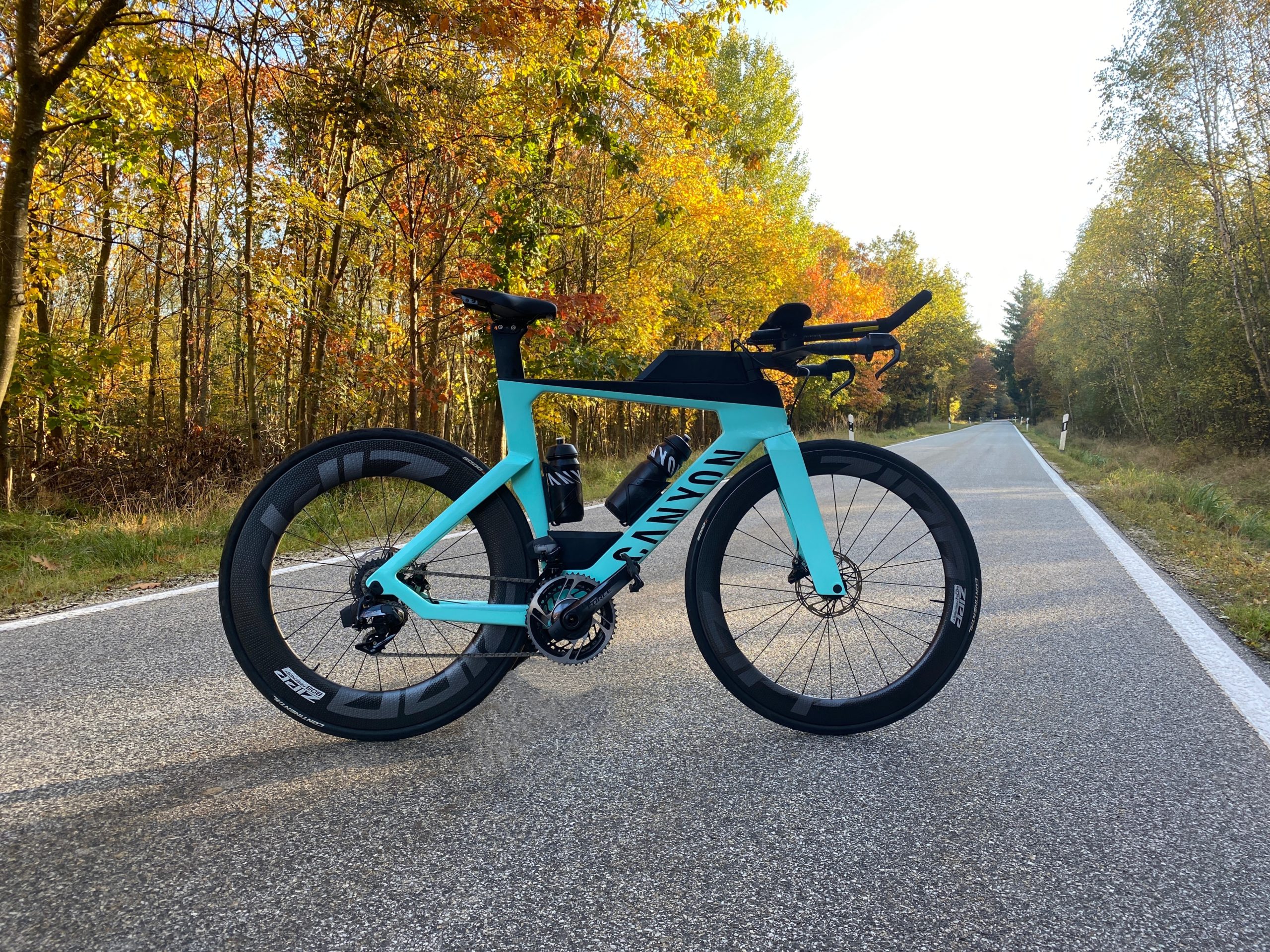Road Bike or Triathlon Bike?
Your 2022 guide for triathletes on the most important decisions you will make getting a road bike or a triathlon bike.

Likely one of the most considered and most expensive investments you will make in triathlon will be your bike. Assuming you will need to purchase a bike for your first triathlon or perhaps you have done a few races and are considering a change, you will likely face a key decision: Should you go with a road bike or a triathlon specific bike.
If you are just starting out and your goal is to just finish a short distance race, any bike that fits you will do. But if you intend to complete multiple races and/or longer distance races like a full distance Ironman triathlon, you’ll want to make sure you have the appropriate set up to maximize both comfort and performance.
Road bike
There are many variations to the road bike. In general, a road bike is more versatile and comfortable than a triathlon bike.
The geometry of the frame puts riders in a more upright, centered, and relaxed position – making for a more comfortable ride. It’s handlebar setup gives the rider access to gears and brakes from all positions.
Therefore, the road bike is easier to handle and maneuver and can be used for virtually any purpose, from casual group rides to triathlons.
Triathlon bike
A triathlon bike is intended for one thing: speed. It sacrifices comfort and handling for speed.
The rider’s position is pushed forward and the geometry puts the rider in a more bent forward position. The handlebars feature arm pads and aero bar extensions, allowing the rider to rest on their elbows with arms stretched out in front. This puts the rider in the most aerodynamic position possible, and reduces drag and increases speed.
Triathlon bikes are most suitable for solo training rides and triathlon races.
So which is it, Road Bike or Tri Bike?
With all that said, the answer to this question does not depend on the bike, rather on the rider and what they intend to use it for.
There are many different bikes out there, each bringing a unique set up that is best suited for different scenarios. You’ll want to select the bike that best fits your needs. The main categories of bikes include:
Endurance Road Bikes
The geometry sits the rider more upright allowing for the least strain on the upper body. Bigger tires that run at lower pressures absorb more road vibrations. If priority is comfort, this is the bike for you.
Gravel Bikes
Similar geometry to an endurance bike, the primary goal of a gravel bike is long term comfort off road. It is designed to fit wider wheels and tires to better handle the shock absorption from bumpy terrain. If your goal is long dirt/gravel or off road triathlons, this would be a good choice.
All Around Road Bikes
These bikes are set up to be the jack of all trades. Their geometry is a bit more aggressive, leaning the rider a bit more forward to optimize power and reduce drag. They have aerodynamic benefits and lighter components, and can be used for racing, climbing, group riding, and even triathlons.
Aero Road Bikes
With the tubes of the frame specifically designed to reduce aerodynamic drag and a more aggressive geometry, Aero road bikes are designed for all around speed. Their frame designs are typically a bit heavier than other bikes so these are best used on dynamic, flatter courses where sprinting is key.
Triathlon Bikes
Ride this bike if your goal is to go as fast as you possibly can, in a straight line. The triathlon bike has the most aggressive geometry, with the rider seeming to be almost completely bent over at 90 degrees and resting on their elbows in aero bar extensions. They are designed for only two purposes: maximize power to the pedals and eliminate aerodynamic drag. If your goal is to race long, simple, or flat courses, this will do the trick.
Note: triathlon bikes are not ideal for group riding since gear shifting and breaks are in different locations.

